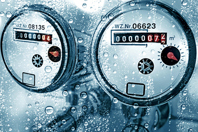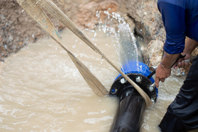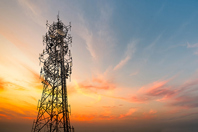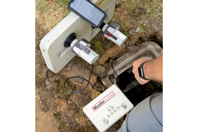AMR, AMI AND METERING RESOURCES
-
For most water utilities, master and production meters represent the system's financial and operational truth. These meters quantify the volume of water entering the distribution network, support water accountability programs, validate NRW calculations, and influence everything from treatment costs to rate structures.
-
A recent study argues that the traditional, manual approach to drinking-water distribution-network monitoring and leak prevention is no longer sustainable. Instead, utilities must embrace the Internet of Things (IoT) to transition from reactive repairs to proactive asset management.
-
Advanced residential meters now deliver real-time insight and remote flow control, helping utilities respond faster to leaks, weather events, and operational challenges while strengthening long-term network resilience.
-
Modernizing water infrastructure requires robust digital systems to manage high-volume metering data. Centralizing this information enables precise leak detection, accurate water balancing, and proactive customer engagement, ultimately driving operational efficiency and long-term sustainability goals.
-
A cellular-based approach to AMI is helping utilities modernize faster, reduce complexity, and build future-ready networks that support reliable data access, flexibility, and long-term resilience.
-
Electromagnetic meters are changing residential metering by capturing every drop, improving low-flow accuracy, and delivering long-term reliability that supports revenue recovery and smarter utility operations.
-
As smart water initiatives are embraced and AMI is deployed, the sheer volume of data generated by meters becomes both an incredible asset and a significant management task. This is where a robust Meter Data Management (MDM) system truly shines.
-
Thorough planning, accurate data, and strong communication are the keys to successful AMI deployments, preventing costly disruptions and ensuring technology delivers long-term operational and customer service value.
-
Las Vegas Valley Water District is modernizing conservation efforts with Temetra, using high-resolution meter data to detect leaks sooner, engage customers, and secure water resources amid extreme drought conditions.
-
For a water utility of any size to function properly, effective meter reading is a vital aspect of day-to-day operations. Meter reading supports both ends of the transaction, ensuring that water is being properly delivered, accounted for and billed each month.











